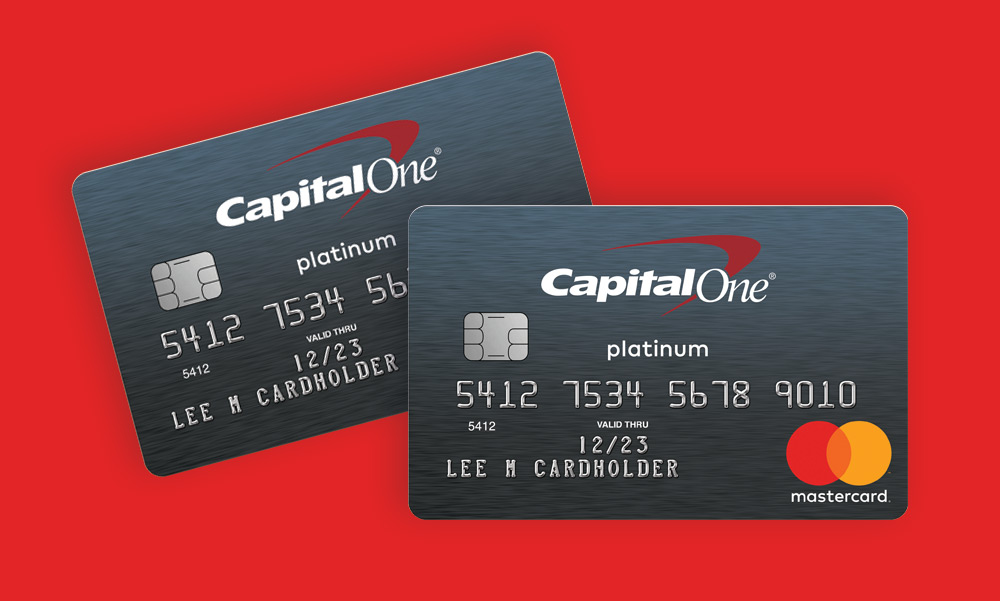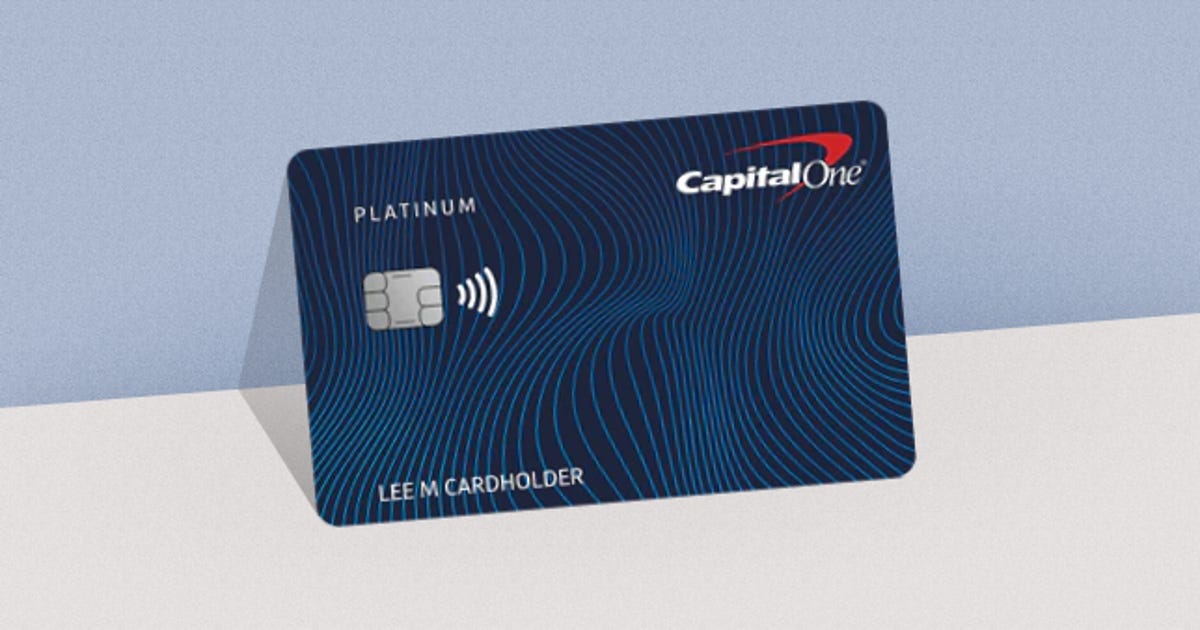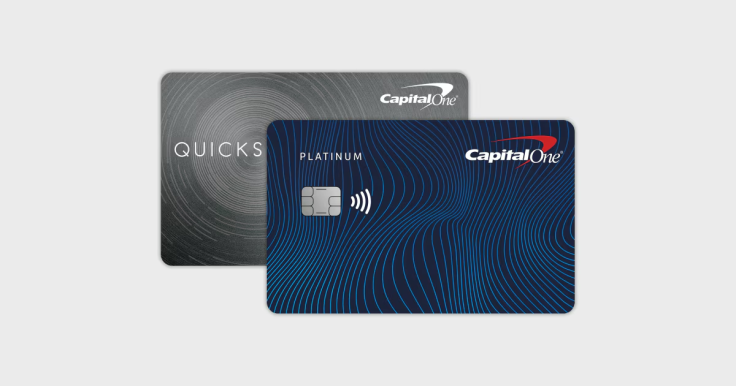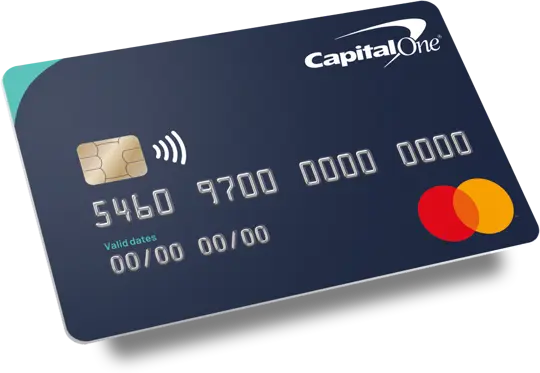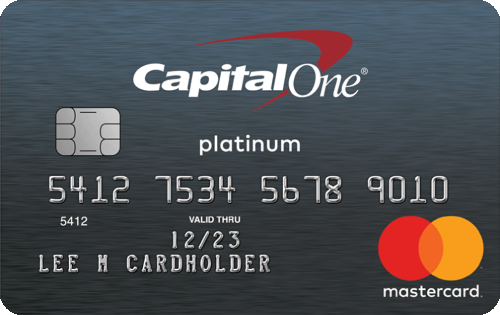Can I Have 3 Capital One Credit Cards
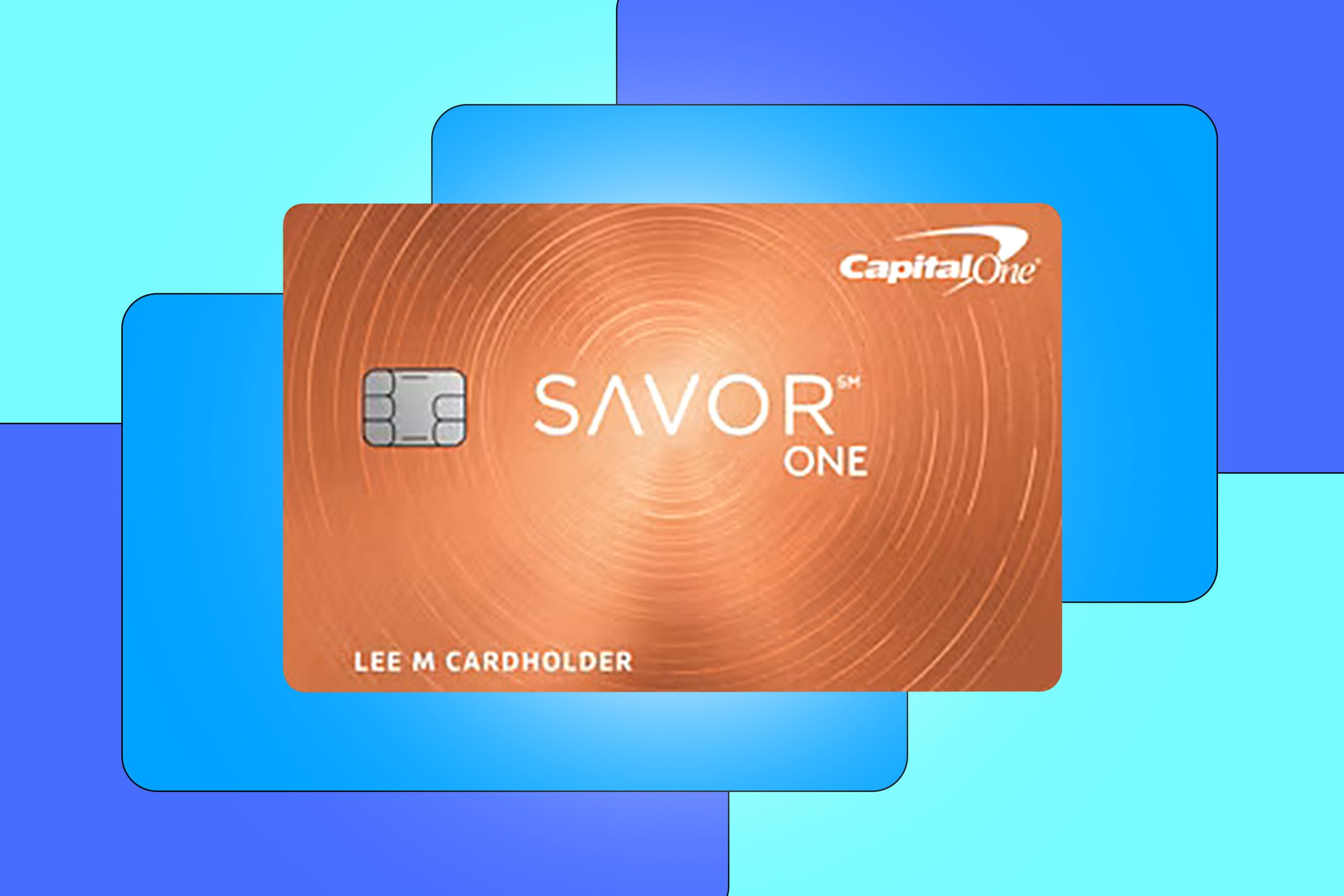
The question of how many credit cards one can hold with a single issuer is a common one, particularly with companies like Capital One, which offer a range of card products targeting diverse consumer needs. Many consumers wonder if they can maximize rewards or access different benefits by holding multiple Capital One cards.
This article explores Capital One's policies regarding the number of credit cards a single individual can possess. Understanding these policies is crucial for consumers planning their credit card strategies, managing their credit utilization, and optimizing rewards earning.
Capital One's Credit Card Limit: The Details
The prevailing rule of thumb with Capital One is that you can generally have no more than two personal credit cards at any given time. This policy isn't explicitly stated in their official terms and conditions, but it is widely reported an observed by cardholders across various online forums and credit card review sites.
This two-card limit applies to personal credit cards. Business credit cards issued by Capital One are usually considered separately and do not count towards this limit.
Exceptions to the Two-Card Rule
While the two-card limit is the general guideline, there are exceptions. If you have a secured credit card with Capital One, it may not count towards the two-card maximum.
Additionally, some individuals have reported successfully obtaining a third Capital One card after closing one of their existing accounts and waiting a certain period, although this is not guaranteed.
It's important to note that Capital One, like other credit card issuers, evaluates each application individually based on factors like credit score, income, and overall creditworthiness. Therefore, even if you meet the two-card rule, approval is not automatic.
Factors Influencing Approval
Beyond the two-card rule, several factors play a significant role in whether Capital One will approve you for a new credit card.
Your credit score is a primary consideration. A higher credit score generally increases your chances of approval.
Capital One also assesses your income and your ability to repay the debt. A steady and sufficient income is essential.
Your credit history, including the number of open accounts, credit utilization ratio, and payment history, are all evaluated. A history of responsible credit use strengthens your application.
Impact on Consumers and Credit Scores
Understanding Capital One's credit card limit is important for several reasons. It allows consumers to strategically manage their credit card portfolio and optimize rewards earning within the issuer's ecosystem.
Applying for too many credit cards in a short period can negatively impact your credit score. Each application results in a hard inquiry, which can temporarily lower your score.
Holding multiple credit cards can also affect your credit utilization ratio, which is the amount of credit you're using compared to your total available credit. Keeping this ratio low (ideally below 30%) is crucial for maintaining a healthy credit score.
Conclusion
While the general rule is that you can have a maximum of two personal credit cards with Capital One, exceptions may exist. Always check your credit score and history before applying.
Careful planning and responsible credit management are crucial for maximizing the benefits of credit cards while minimizing potential risks to your credit score. It's always advisable to monitor your credit report regularly and use credit responsibly to maintain a healthy financial profile.
